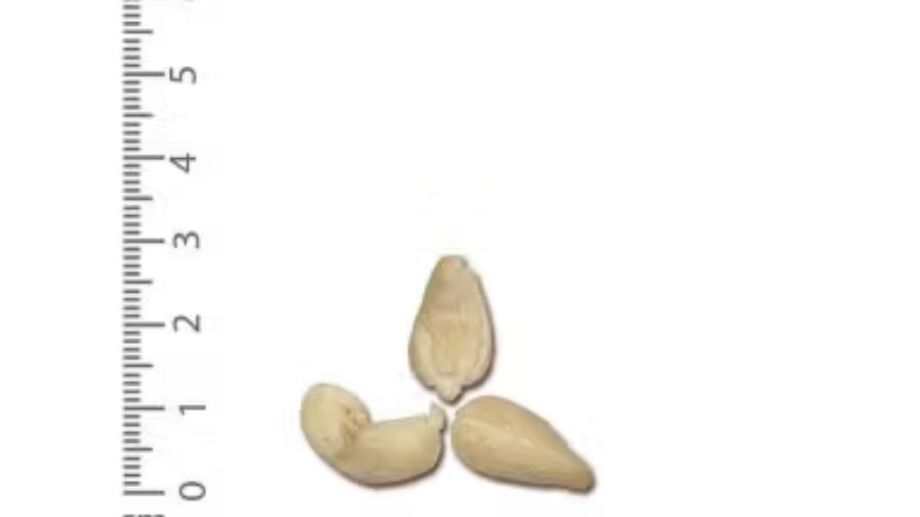What Is Cashew Nut W620? Comparison with Other Cashew Nuts

Mục lục
Cashew nuts have long been cherished worldwide for their buttery taste, crunchy texture, and nutritional richness. They are widely used in snacking, cooking, and food manufacturing. Cashew nuts come in various grades determined by their size, wholeness, and quality. Among these, Cashew Nut W620 represents a smaller kernel size, often favored for specific culinary and industrial uses. This article explores what cashew nut W620 is and compares it with other cashew nut grades to help consumers and businesses make informed decisions.
Understanding Cashew Nut Grading
Cashew nuts are graded to maintain consistency in quality and pricing. The grading system primarily considers kernel size and wholeness:
- W denotes Whole kernels, meaning the cashews are intact, not broken.
- The number after W indicates the approximate count of whole kernels per pound.
Thus, W620 means about 620 whole cashew kernels per pound, indicating smaller-sized kernels compared to other grades.
What Is Cashew Nut W620?
Cashew nut W620 is classified as a small whole kernel grade.
Key Features of W620 Cashew Nuts
- Size: Small kernels, typically less than 14 millimeters in length.
- Quantity: Approximately 620 kernels per pound.
- Shape: Kidney-shaped and curved, smaller than most other grades.
- Color: Creamy white to light ivory.
- Texture: Firm and crunchy, especially after roasting.
- Quality: Generally clean kernels with some size variability.
W620 cashews are commonly used where smaller size and affordability are priorities.
Comparison with Other Cashew Nut Grades
Cashew nut W620 belongs to the smaller size range among whole kernel grades. It typically contains around 620 kernels per pound, with each kernel measuring less than 14 millimeters in length. When compared to larger grades such as W150 or W180, which have fewer kernels per pound due to their larger size, W620 is noticeably smaller and more affordable. For example, W150 cashews are premium kernels over 24 millimeters long, and there are approximately 150 kernels per pound. W180 kernels measure between 21 to 23 millimeters, with around 180 kernels per pound, making them larger and more valued for snacking purposes.
Moving down the scale, W210 and W240 cashews are medium-sized kernels, with 210 and 240 kernels per pound respectively. These sizes balance affordability and quality, making them suitable for both retail and processing uses. W320 kernels are smaller again, measuring about 16 to 18 millimeters, with 320 kernels per pound, commonly used in snack mixes and food processing.
Further down the grading ladder, W450 and W500 cashews are smaller whole kernels often used in processed products like cashew butter and nut pastes. Finally, W620, being smaller than all these grades, offers excellent cost efficiency and is predominantly chosen for industrial food production where uniform kernel size is less critical.
In addition to these whole kernel grades, there are also split and butt grades, which consist of halves and broken pieces of cashew kernels. These are usually less expensive and are primarily used in ground products, mixed nuts, or processed cashew items where whole kernel appearance is not necessary.
Understanding the distinctions between these cashew grades helps consumers and businesses choose the right product based on their intended use, desired quality, and budget.
Common Uses of Cashew Nut W620
1. Food Processing
- W620 cashews are frequently used to make cashew butter, nut pastes, and other processed food products.
- Their smaller size makes them ideal for grinding and blending.
- Incorporated into confectionery, snack bars, and ready-to-eat meals.
2. Bulk Snack Production
- Used in mixed nuts and snack mixes where uniform size is not critical.
- Suitable for products requiring smaller nut pieces.
3. Culinary Uses
- Used in sauces, dressings, and vegan cheese alternatives.
- Incorporated into dishes where texture is important but whole nut size is less so.
4. Exports and Bulk Sales
- W620 cashews are popular in international trade due to their affordability.
- Purchased in bulk by manufacturers and food processors.
Why Choose Cashew Nut W620?
- Cost-Effective: One of the most economical whole kernel grades.
- Versatile: Used widely in food processing and culinary applications.
- Available: Produced abundantly by major cashew-growing regions.
- Nutritional Value: Retains the beneficial nutrients of cashews.
How to Select Quality W620 Cashew Nuts
- Visual Inspection: Uniform creamy color, minimal defects.
- Fresh Aroma: Mild nutty smell without rancidity.
- Texture: Firm and crunchy, indicating freshness.
- Trusted Suppliers: Ensure consistent quality and good handling.
Storage Tips
- Store in airtight containers away from moisture and sunlight.
- Keep in cool, dry places.
- Refrigerate if stored for long periods, especially in warm climates.
- Avoid strong odors nearby.
Conclusion
Cashew nut W620 is a small-sized whole kernel grade favored for its affordability and versatility. It is mainly used in food processing, including cashew butter and nut pastes, and is popular for bulk sales and exports. While smaller than premium grades like W150 or W180, W620 cashews provide excellent value without compromising essential qualities like flavor and texture. Understanding cashew nut grades enables consumers and manufacturers to choose the right cashew type for their needs and budget.
Learn more: Cashew Nut W620